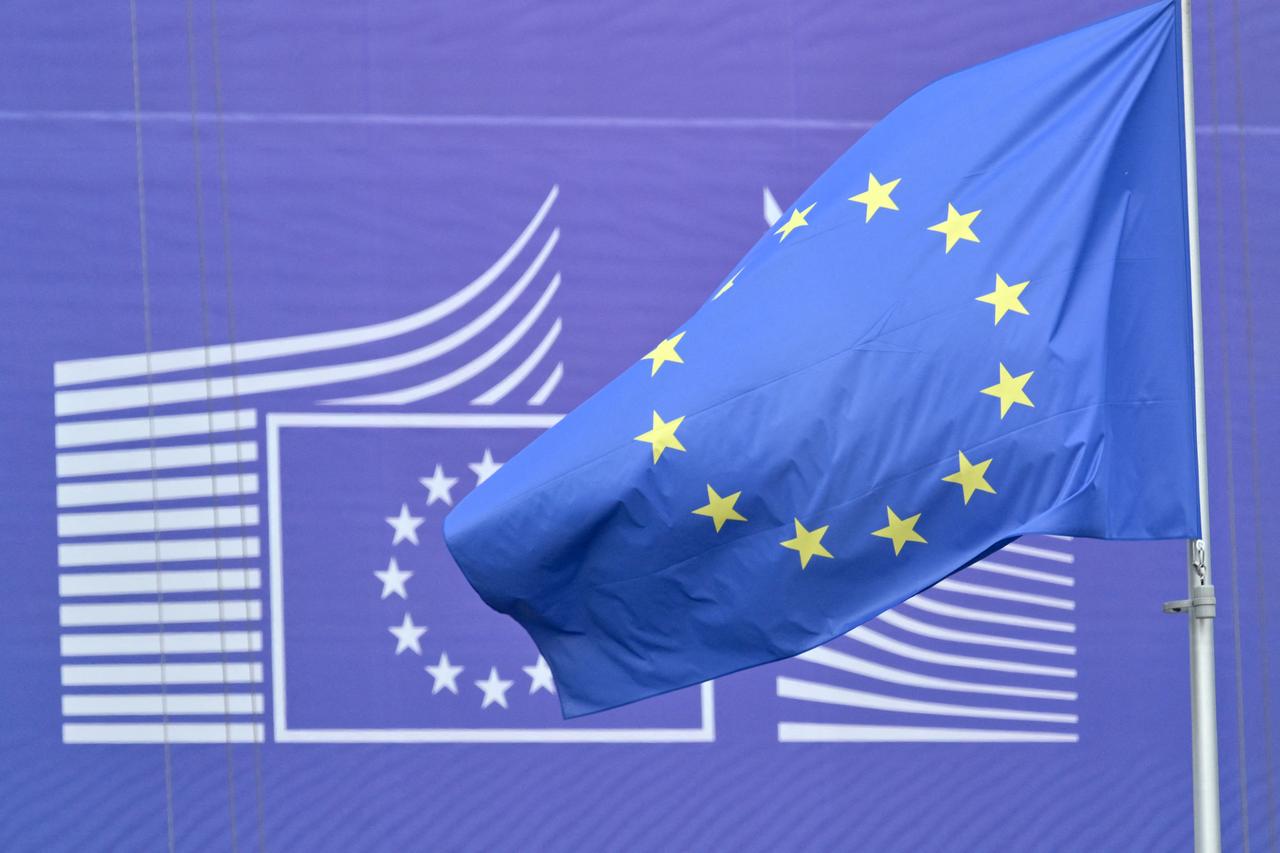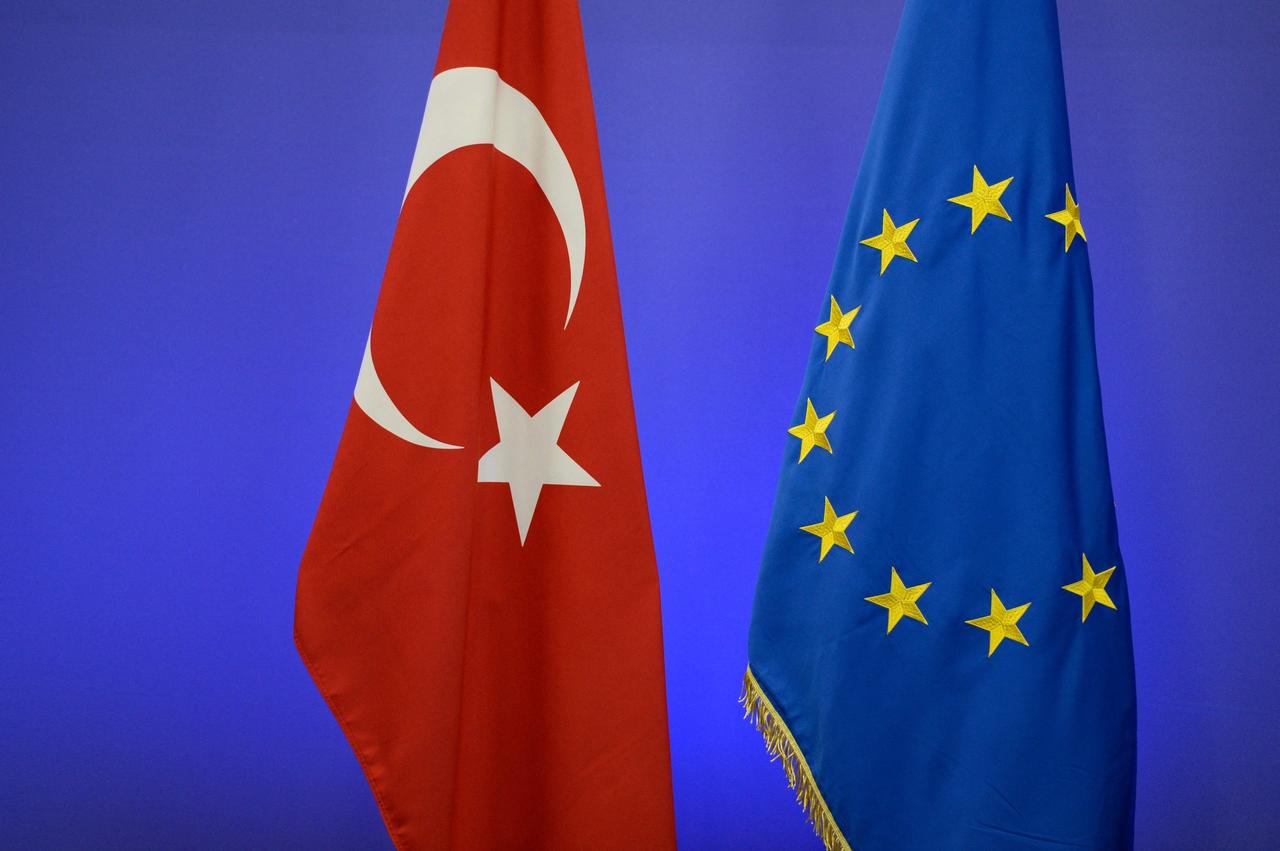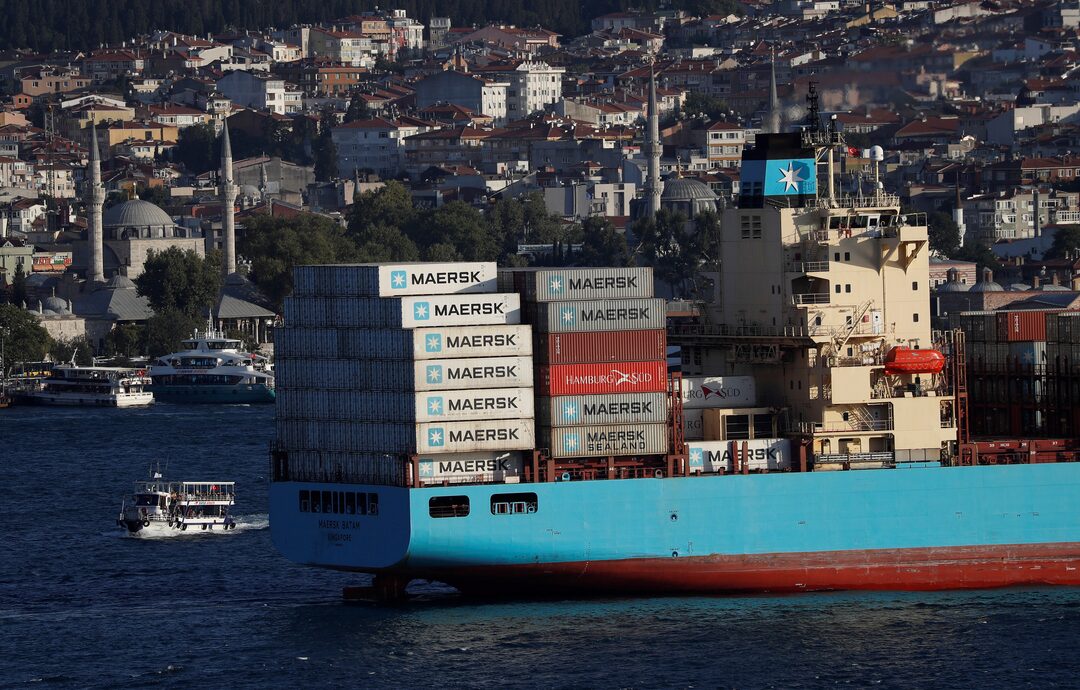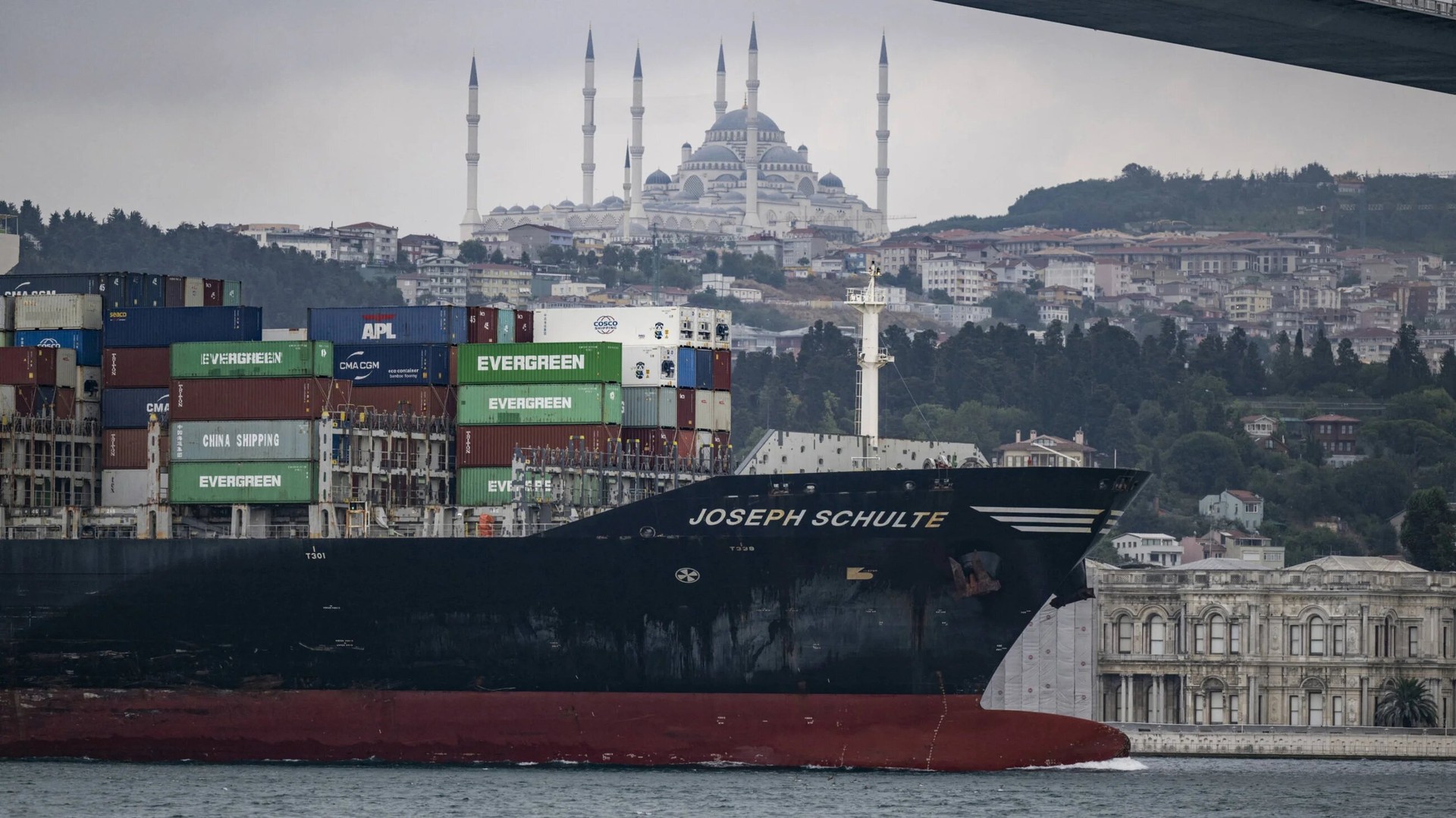
EU-Türkiye integration is creating strategic opportunities for Türkiye's logistics sector amid shifting global dynamics and regional challenges, according to industry leaders.
"Europe's current situation creates opportunities for Türkiye in logistics. The current global situation requires Türkiye and Europe to integrate better with each other. The new world order is creating new opportunity doors for logistics," said Mustafa Dincer, Chairman of Dincer Logistics.

As the European Union grapples with energy and security crises following the Russia-Ukraine war and faces new challenges with Donald Trump's re-election as U.S. President, the bloc is increasingly looking toward stable partners to ensure supply chain security.
The U.S.-China trade war and China's growing influence in global competition are also pushing the EU to seek a new balance in its partnerships.
In this context, Türkiye stands out as a promising option with its geopolitical position on the Middle Corridor, transportation infrastructure, and industrial capabilities.
Experts suggest that the potential deepening of EU-Türkiye integration could open strategic opportunities for Türkiye, particularly in the logistics sector.
The long-awaited update to the Customs Union and the EU-Türkiye High-Level Economic Dialogue, resumed after a six-year hiatus, could create new openings for the Turkish logistics sector and provide advanced privileges in service exports.
Dincer emphasized that global balances have completely changed following Trump's second term as U.S. President, creating potential opportunities for Türkiye.
"As many experts have pointed out, there is an opportunity ahead for Türkiye. The global understanding seems to be moving toward a regional understanding. We don't know which regions will emerge, but things will change significantly during this division," he said.
He added Europe needs to approach Türkiye due to its minerals, production capabilities, human resources, and many other resources. As a logistics company investing in Europe, Dincer noted they are trying to see and clarify this situation within their own strategies.

Arguing that integration between Türkiye and the EU is inevitable, Dincer stated, "Integration with the EU should be achieved, whether through the Customs Union or in another form.
Europe must somehow ensure integration with Türkiye. With new developments, this situation brings even more necessity."
While the logistics sector could gain competitive advantages in this process, Dincer warned that without progress in areas such as digitalization and green transformation, the gains would remain limited.
He emphasized the critical importance of developing policies to support the sector and public-private partnerships to overcome these challenges.
Dincer highlighted that long-term strategies no longer work effectively in today's world and called for a more focused approach.
"Very long-term strategies no longer work in the world. We must first focus, determine our strategy, and make our choice. The changing world brings new options before us," he said.
Underlining that Europe's current situation creates opportunities for Türkiye in logistics, Dincer noted that the current global situation necessitates better integration between Türkiye and Europe, which Türkiye should leverage effectively.

Dincer recalled that four major logistics companies in Türkiye have been sold to foreign players in the last two years, pointing to the strategic importance of the sector.
He suggested that these sales indicate that the relevant firms faced various challenges in self-sustenance and sustainable profitability.
"It's a fact that Türkiye is still below its potential in terms of logistics, meaning the future is brighter in this regard, and these foreign companies are investing to take advantage of this opportunity.
However, I believe that sales need to be strategically evaluated well in the coming period," he concluded.